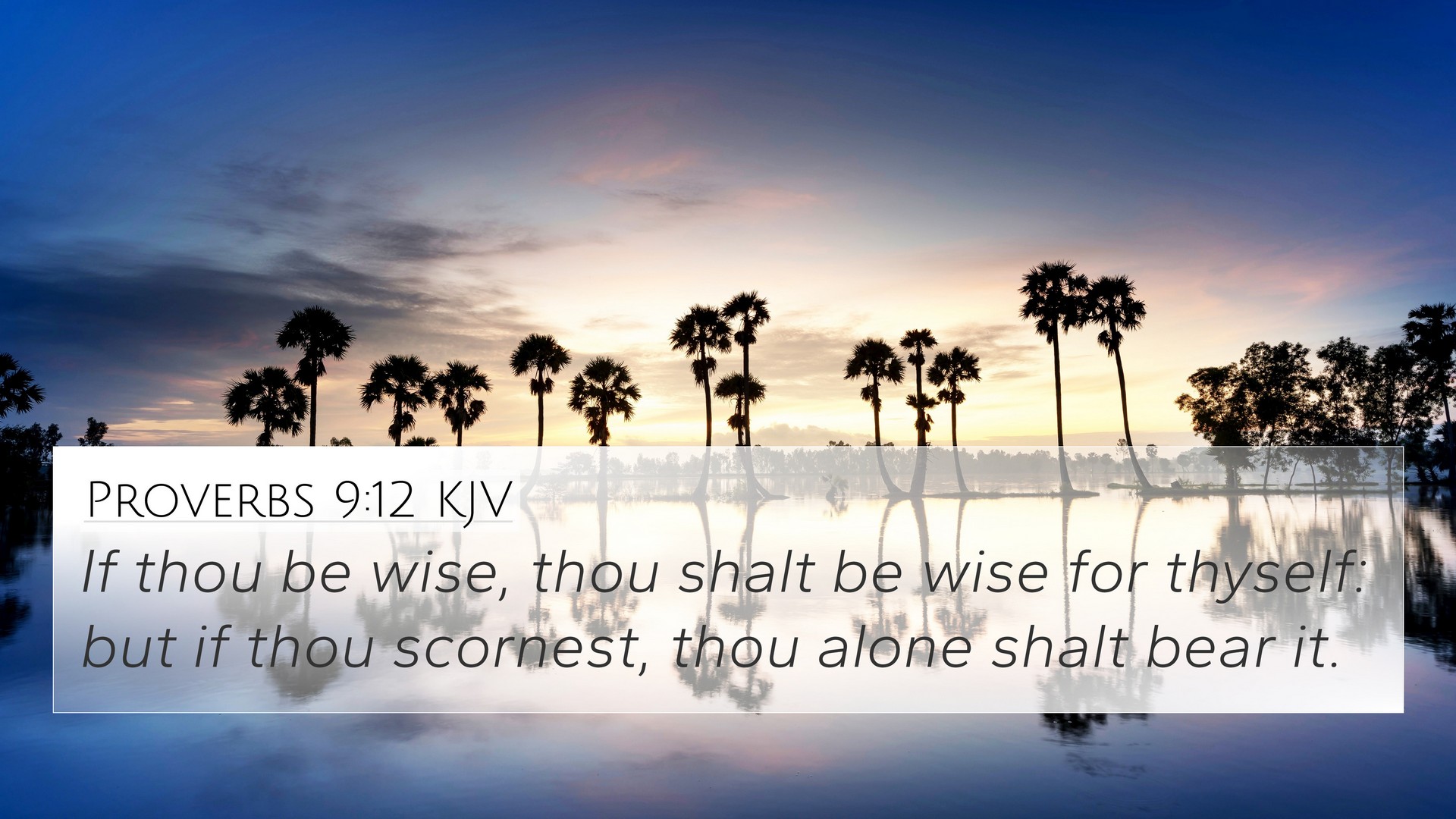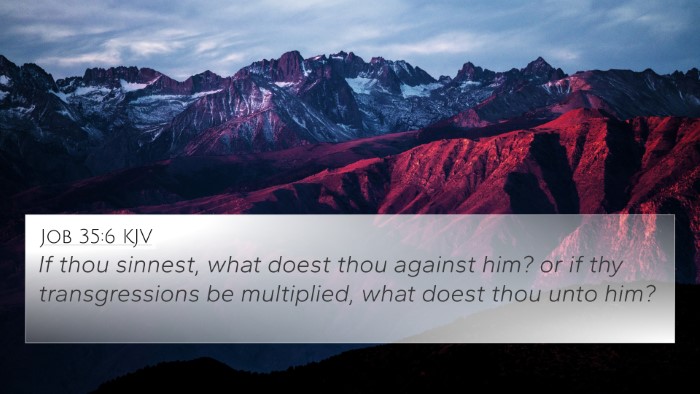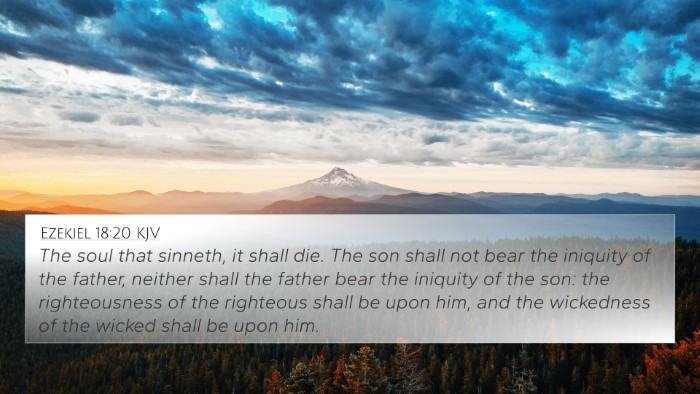Meaning and Interpretation
The verse encapsulates the duality of wisdom and folly, emphasizing personal responsibility and the consequences of one's actions. It conveys that wisdom leads to self-advantage and growth, while mockery only invites one's downfall.
Insights from Commentaries
- Matthew Henry: He emphasizes that true wisdom is beneficial not only to oneself but also to others, as it brings forth positive outcomes in one’s life and relationships. He warns that to mock wisdom is to face the dire consequences alone.
- Albert Barnes: Barnes notes that wisdom involves recognizing and accepting truths that lead to better choices and blessings. He highlights that those who scorn wisdom will experience the harsh lesson of solitude and suffering.
- Adam Clarke: Clarke interprets this verse as an exhortation to value wisdom and its rewards. He expands on the notion that wisdom brings serenity and fulfillment, while folly results in despair and isolation.
Connections to Other Bible Verses
This verse draws connections to several other scriptures that reinforce its themes of wisdom and folly:
- Proverbs 1:7: "The fear of the Lord is the beginning of knowledge; but fools despise wisdom and instruction."
- James 1:5: "If any of you lacks wisdom, let him ask of God, who gives to all liberally and without reproach, and it will be given to him."
- Proverbs 4:7: "Wisdom is the principal thing; therefore get wisdom: and with all thy getting get understanding."
- Proverbs 10:8: "The wise in heart will receive commandments: but a prating fool shall fall."
- Ecclesiastes 7:12: "For wisdom is a defense as money is a defense: but the excellency of knowledge is, that wisdom giveth life to them that have it."
- Proverbs 13:20: "He that walketh with wise men shall be wise: but a companion of fools shall be destroyed."
- Proverbs 14:3: "In the mouth of the foolish is a rod of pride: but the lips of the wise shall preserve them."
Thematic Connections
Proverbs 9:12 also relates to broader themes in the Bible concerning:
- The contrast between wisdom and foolishness.
- The relationship between understanding and living well.
- The societal implications of moral choices and integrity.
Cross-Referencing Biblical Texts
Engaging in cross-referencing provides deeper insights into the Bible's teachings on wisdom:
- Utilize a Bible Concordance to identify and locate verses that discuss wisdom.
- Employ a Bible cross-reference guide for thematic studies, creating pathways between verses that elucidate the principles of wisdom.
- Return to the wisdom literature in the Old Testament for comparative studies with New Testament teachings.
Application in Daily Life
The exhortation found in Proverbs 9:12 encourages individuals to actively seek wisdom through:
- Engaging with Biblical texts and understanding their implications.
- Seeking mentorship or guidance from wise individuals.
- Practicing discernment in choices to reap the rewards of wisdom.
Conclusion
Proverbs 9:12 is a profound reminder of the personal impact of wisdom within our lives. By exploring connections between various Biblical texts, we can cultivate a deeper understanding of the significance of wisdom and its relation to our everyday decisions. Embracing this wisdom not only serves our own interests but enriches the world around us.










